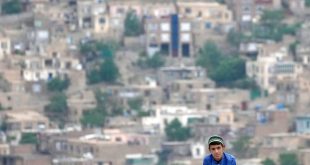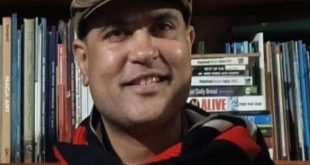Conducting free and fair polls is an arduous task in the countries that are inhabited by huge population and yet to be developed. The major worries in such countries mostly revolve around security and timely preparations. However, in Afghanistan elections are more than that. Polling stations are seen as a battleground by the influential people whether working in the government or free from the government’s sphere of influence, because they know that it is important for them to rig the polls and see their favorite one elected. Though the system after ouster of the Taliban has become democratic to some extent but faces on the scene are still the same as were in the past. Members of the power club having no public support would continue to remain at the helm until large-scale reforms were introduced in the Independent Election Commission (IEC) and Independent Electoral Complaints Commission (IECC).
It is no denying that concerns are high that’s why different organizations and large number of people are urging the government for electoral reforms on emergency basis. On Thursday it was the Transparent Election Foundation of Afghanistan which gave vent to its concerns. It said that without massive-scale reforms in the two electoral bodies one cannot assure of high turnout in the upcoming polls for Wolesi Jirga because the electorates have lost its trust over the two commissions. Recently, the European Union envoy Francis Michael Milibon also expressed similar concerns. The EU ambassador said that sans massive reforms, transparent election is only a dream. Although, the IEC was annoyed at his statement but he has logic and his prediction is based on past observation. What happened in the 2014 presidential elections—in the first and second rounds—is not a secret. If President Ashraf Ghani and the chief executive Abdullah Abdullah have not reached the agreement over formation of the national unity government, the result would have not been declared so far. At the time of electoral deadlock the IEC was frequently changing dates of final results announcement. Allegations of industrial-scale rigging in polls and resignation of an IEC official have fanned the crisis in the already troubled country. Time and again people have trusted the electoral bodies of conducting transparent polls, but the hopes were dashed repeatedly.
Looking at performance of the two election commissions and eroding public support to the government, leaders of the country are left with one viable option—introduce reforms before the parliamentary election in order to garner public and international community’s support and rebuild image of the IEC and IECC. What the government has to do is to direct the already established Electoral Reforms Commission to speed up its work, distribute computerized national identification cards on war-footing and establish another body to oversee the polls and report electoral fraud.
 Afghanistan Times
Afghanistan Times


